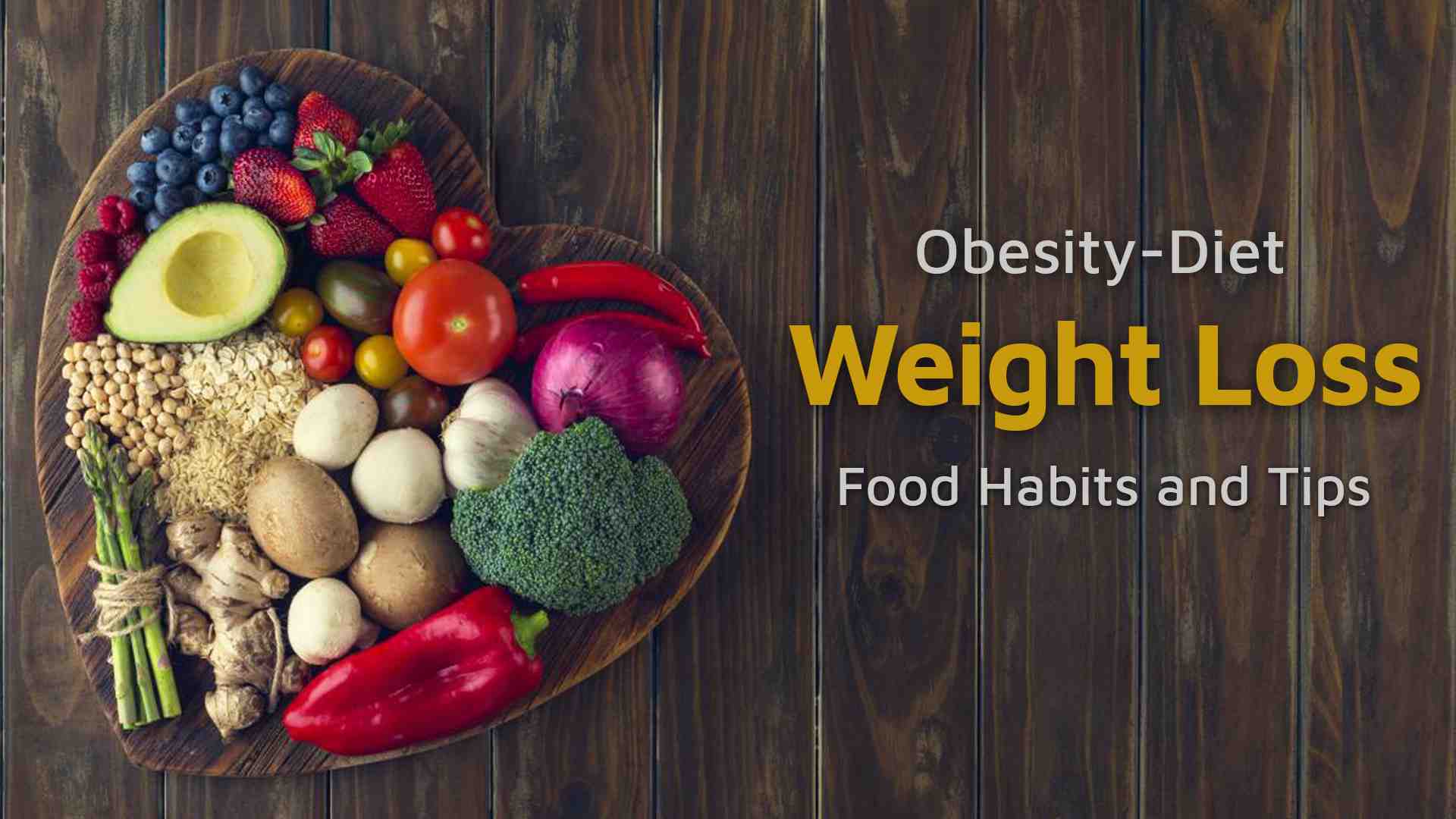
Overweight and obesity are constantly increasing around the world. They are defined by a Body Mass Index (BMI = Weight in kg / Height² in meters) greater than 25 kg/m² for overweight and greater than 30 kg/m² for obesity. Weight gain is often due to low physical activity and/or food intake that is too high about need. The following tips will help you lose those extra pounds knowing that regular follow-up by a dietitian or doctor is strongly advised.
Hygiene and Dietary Advice:
Make 3 meals a day (Breakfast, Lunch, and Dinner) + 1 Snack in the afternoon, which is optional to have a regular and sufficient energy intake during the day. And this to avoid pumping and cravings that lead to nasty snacking for weight loss. Attention: The snack, if it takes place, must be taken from one of the meals. In any case, it must not increase the energy intake of the day.
Consumption 3 to 4 times of dairy products a day will give sufficient calcium energy (bone turnover) and secondarily good quality proteins (renewal of all tissues of the body). These products will be little or not at all sweet and lean (skim, 0%). It will not be against it possible to use a sweetener. And the consumption of cheese is limited to about 30 g per day.
Consume 1 portion of meat or fish or eggs (OPV) for lunch and dinner will give enough protein energy (renewal of all tissues of the body) and some minerals and vitamins are necessary for the good functioning of the body. The choice of these products will focus on those low in fat and cooking will be without fat (non-stick pan, grill, oven, microwave oven, foil, short bouillon).
Consume 5 to 6 servings of fruits and vegetables (raw). These foods are high in fiber and low in energy. In other words, they help you feel full while providing very little energy. In this sense, do not hesitate, if you are very hungry, to increase your consumption of fresh vegetables. These foods also provide vitamin C (anti-infectious action) that prevents fatigue, diseases, and infections.
Limit your intake of saturated fats ("bad" for the cardiovascular system) found in cheese, meats, butter, lard, and tallow. And focus on unsaturated fats ("good" for the cardiovascular system) found in fatty fish (salmon, eel, mackerel, sardines) and vegetable oils (olive, rapeseed, nuts, soya). In practice, this equates to a micro-tablet of butter (10 g) at breakfast and 1 to 2 tablespoons of oil per person per meal. For oily fish, a frequency of consumption of 1 to 2 times a week is recommended.
Mistakes to avoid:
• Nibble between these meals will completely unbalance the diet. This activity leads to weight gain.
• Warning: To take sweet drinks (sodas, fruit juice, tea or sweet coffee,) between the meals is assimilated to nibbling.
• Eat when you are not hungry which leads to weight gain.
• Regular Consumption of alcohol will reduce Body energy and Stamina.
© COPYRIGHT 2026 OZFOODHUNTER. ALL RIGHTS RESERVED